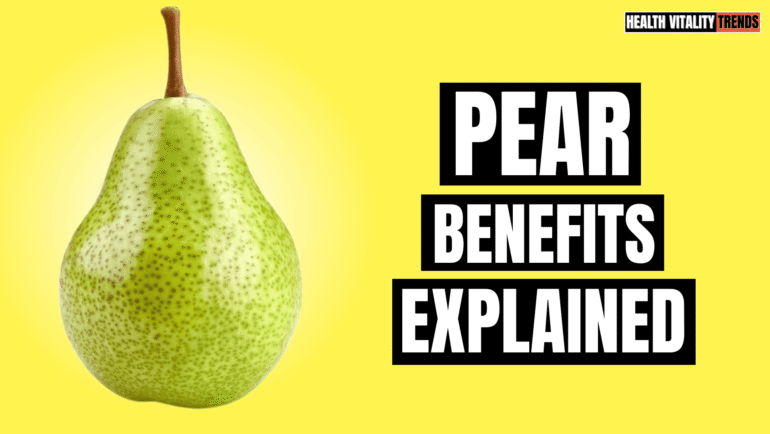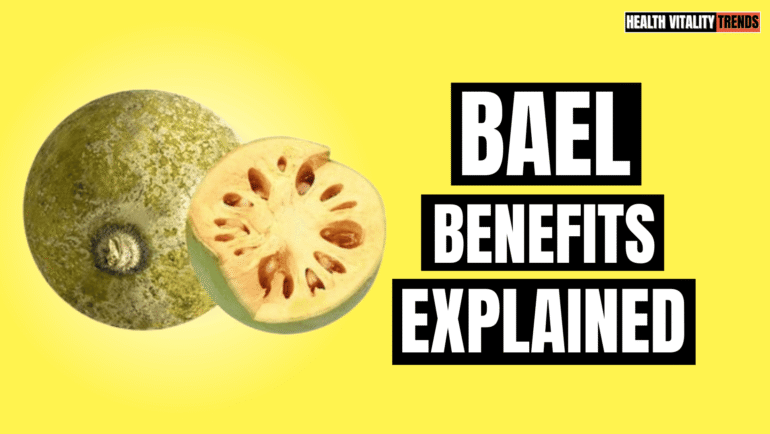
BLACKBERRIES: Antioxidant Trip, Skin Repair & Longevity Foods
Blackberries are one of nature’s richest sources of antioxidants, often called a “superfood” for their impressive nutrient profile.
These dark-purple berries are not only delicious but also packed with fiber, vitamins, and plant compounds that support long-term health.
From boosting immunity to protecting your heart and brain, blackberries are a powerhouse addition to any diet.
Let’s explore their nutrition, health benefits, and the best ways to enjoy them.
What are Blackberries?
Blackberries are small, juicy, dark-purple fruits that grow on thorny bushes belonging to the Rubus genus[1] in the Rosaceae family.
Unlike true berries, each blackberry is an aggregate fruit, made up of many tiny drupelets clustered together.
They have been enjoyed for thousands of years in Europe, North America, and Asia—both as food and medicine.
Fun fact: In ancient Greece, blackberries were considered a remedy for gout and throat infections. Today, they remain a favorite summer fruit used in desserts, jams, smoothies, and teas.

What Do Blackberries Taste Like?
Blackberries have a sweet-tart flavor that balances between rich sweetness and refreshing acidity. Fully ripe blackberries taste sweet with a slight earthy undertone, while underripe ones are more tangy and tart.
Their juicy, seedy texture makes them perfect for snacking, baking, or blending into drinks.
Blackberries Nutrition Facts
Here’s the nutrition breakdown for 1 cup (144 g) of raw blackberries (USDA)[2]:
| Nutrient | Amount |
|---|---|
| Calories | 62 kcal |
| Carbohydrates | 13.8 g |
| Sugars | 7 g |
| Fiber | 7.6 g |
| Protein | 2 g |
| Fat | 0.7 g |
| Vitamin C | 35% DV |
| Vitamin K | 36% DV |
| Folate (B9) | 9% DV |
| Manganese | 47% DV |
| Potassium | 233 mg |
Explanation: Blackberries are low in calories but extremely nutrient-dense. They provide one of the highest fiber contents among fruits, making them excellent for digestion and satiety. They are also rich in vitamin C (immune support), vitamin K (bone health), and manganese (metabolism and brain health).
Health Benefits of Blackberries
1. Rich in Antioxidants
Blackberries are loaded with anthocyanins, flavonoids, and vitamin C, which help neutralize free radicals and reduce inflammation.[3]
2. Supports Heart Health
Studies suggest blackberry polyphenols may lower blood pressure, improve cholesterol balance, and reduce the risk of cardiovascular disease.[4]
3. Boosts Brain Function
Regular intake of blackberries is linked to improved memory, coordination, and reduced age-related cognitive decline due to their anthocyanin content.[5]
4. Promotes Digestive Health
With nearly 8 grams of fiber per cup, blackberries help regulate bowel movements, support gut health, and keep you fuller for longer.[6]
5. Strengthens Bones
High vitamin K and manganese levels in blackberries contribute to bone density and healing.[7]
6. Supports Immune System
Vitamin C boosts white blood cell function, helping the body fight infections.[8]
How to Eat Blackberries
- Eat fresh as a quick snack anytime.
- Blend into smoothies or juices.
- Add to oatmeal, yogurt, or cereal.
- Bake into pies, muffins, or cobblers.
- Make jams, syrups, or sauces.
- Freeze for later use in desserts or shakes.
How to Store Blackberries to Keep Them Fresh
- Store unwashed blackberries in a breathable container in the refrigerator.
- Wash only before eating to prevent mold growth.
- Consume within 3–5 days for best freshness.
- For long-term storage – freeze them in a single layer on a tray, then transfer to an airtight freezer bag.

Possible Side Effects and Precautions
Side Effects
- Digestive Issues – Eating too many blackberries may cause bloating, gas, or diarrhea due to high fiber content.
- Allergic Reactions – Rare, but some may develop itching or swelling after eating blackberries.
- Oxalate Content – Blackberries contain oxalates, which, in excess, may contribute to kidney stones.
- Pesticide Exposure – Conventionally grown blackberries may have pesticide residue; washing thoroughly is essential.
Precautions
- People with IBS: Large amounts of fiber may worsen symptoms.
- Those on Blood Thinners: High vitamin K can interfere with medications like warfarin.
- Diabetics: Though low in sugar, portion control is recommended to avoid blood sugar spikes.
- Children: Always check for choking hazards with small kids.
Fruits Similar to Raspberries
- Raspberries – Close relatives with a similar shape and taste.
- Blueberries – Sweeter, smaller, and also antioxidant-rich.
- Mulberries – Sweet, elongated berries with a similar texture.
- Boysenberries – A hybrid between blackberry and raspberry.
Common FAQs About Raspberries
Q1: Are blackberries good for weight loss?
Yes. They are low in calories, high in fiber, and help control hunger.
Q2: Do blackberries help with skin health?
Yes. Vitamin C and antioxidants support collagen production, skin repair, and protection against aging.
Q3: Are frozen blackberries as healthy as fresh?
Yes. Freezing preserves most nutrients and antioxidants, making them nearly as beneficial as fresh ones.
Q4: Can diabetics eat blackberries?
Yes. Blackberries are relatively low in sugar and have a low glycemic index, making them suitable in moderation.
Conclusion
Blackberries are a nutrient-rich fruit that offers both short-term benefits—like hydration, energy, and digestive support—and long-term protection for the heart, brain, and bones. Their balance of sweetness and tang makes them versatile in snacks, desserts, and drinks. Adding blackberries to your diet is an easy way to improve overall health while enjoying delicious flavor.
References
- [1] https://en.wikipedia.org/wiki/Rubus
- [2] https://snaped.fns.usda.gov/resources/nutrition-education-materials/seasonal-produce-guide/blackberries
- [3] [4] [5] [6] [7] [8] https://pmc.ncbi.nlm.nih.gov/articles/PMC10418693/








